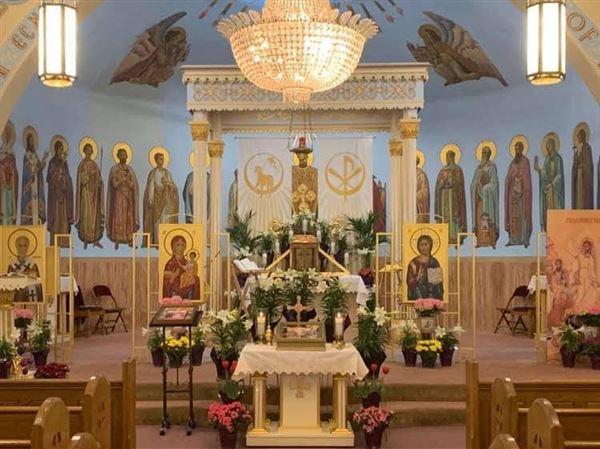Pints, Prayers, and Perspectives: Inside the Spiritual Pulse of a Local Watering Hole

The conversation began innocently enough, a casual encounter that would soon delve into profound philosophical territory. Linda, a stranger seated beside me one quiet evening, unexpectedly opened up about her spiritual perspective with a candid and contemplative tone.
"I can't bring myself to believe that any single religion holds the absolute truth about heaven," she said, her eyes reflecting a depth of introspection that went far beyond casual small talk. Her words carried a weight of personal reflection, challenging the traditional notion of religious exclusivity.
As we continued our dialogue, Linda's perspective unfolded—a nuanced view that embraced spiritual complexity and rejected rigid theological boundaries. She spoke not from a place of cynicism, but from a genuine quest for understanding, suggesting that the concept of divine connection might be far more expansive and inclusive than any single faith tradition could claim.
Her perspective was a reminder that spiritual journeys are deeply personal, often transcending the structured frameworks of organized religion. In her view, the path to understanding the divine was less about adherence to specific doctrines and more about genuine human connection, empathy, and an open-minded exploration of life's profound mysteries.
